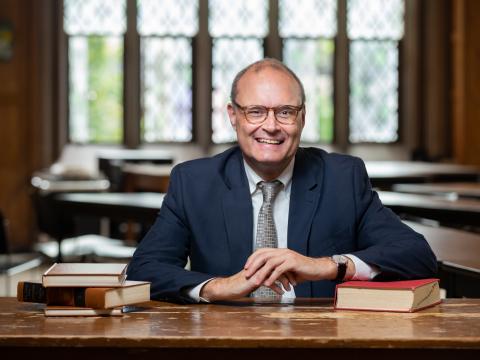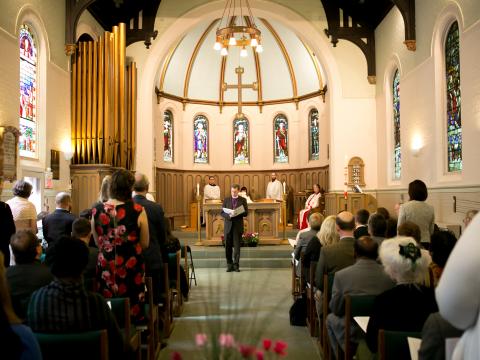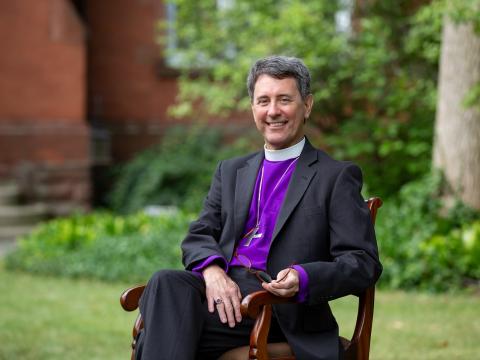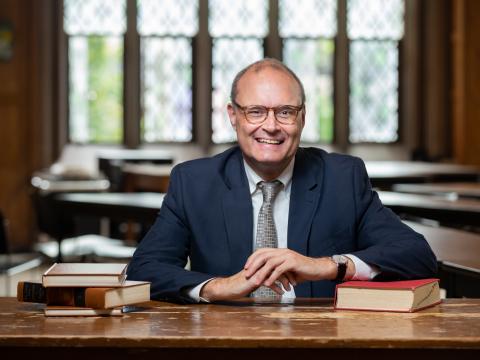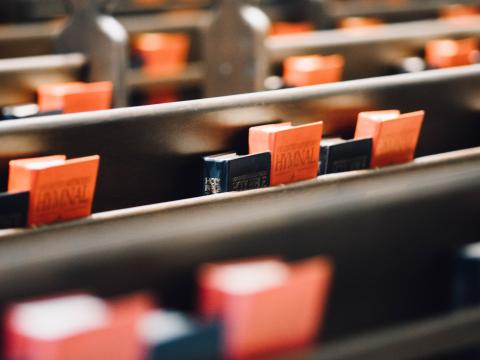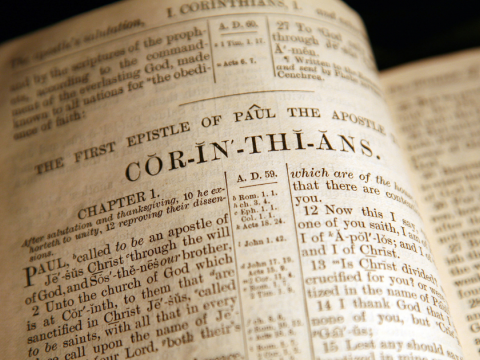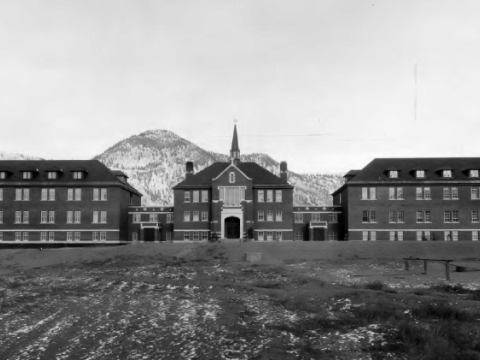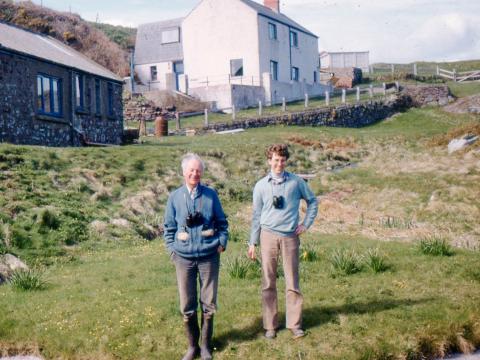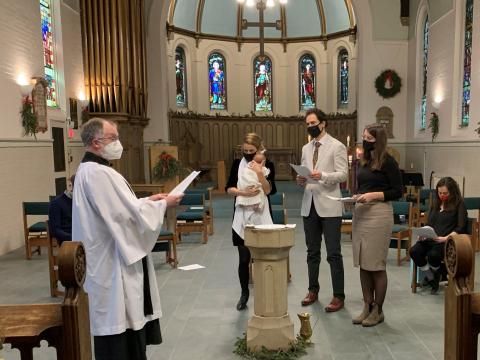Vestigia Dei – is a Latin term meaning “traces of God.” As a theological term it is associated with natural theology – that is, the view that there are vestiges of God within creation. We’ve chosen this term as the title of the Wycliffe College blog because our hope is that through these writings, readers might glimpse evidences for God as our writers interact with the wider world.
-
Discover
Wycliffe College
Wycliffe College is a historic, evangelical seminary and a founding member of the Toronto School of Theology (TST). It is situated on the downtown campus of the University of Toronto (UofT), in the heart of one of the world’s most multicultural cities.
For over 140 years, the College has equipped people called by God to live out Jesus-centred lives in the Church, the Academy, and on mission, here in Canada and around the world.
- Faculty & Staff
-
About us
-
Mission & Values
-
University of Toronto
-
Toronto School of Theology
-
History
-
Accreditation, Associations & Affliations
-
Board of Trustees
-
Wycliffe Strategic Plan 2019-2025
-
Institutional Policies and Statements
-
News & Media
-
The Word @ Wycliffe E-News
-
Sign Up for E-News
-
Insight Magazine
-
Jakób Jocz Archive
-
Mission & Values
-
Wycliffe Blog
-
Get Involved
-
Events and Ministries
-
Preaching Day
-
Religion & Society
-
Wycliffe Centre for Scripture and Theology Colloquium
-
Annual Jakob Jocz Lecture
-
Canadian Institute for Empirical Church Research
-
Christian Foundations
-
Institute For Community Engagement
-
The Institute of Evangelism
-
Theology Pub Night
-
Reformed House of Studies
-
Wycliffe College Christian Ethics Initiative
-
Events and Ministries
-
The Wycliffe Archives
-
Archival Documents
-
Accessibility Services
-
Careers
-
Contact Us
-
Programs & Courses
Programs & Courses
Our programs and courses will challenge you to grow intellectually and spiritually and will equip you to fulfill your unique calling.
-
Prospective Students
Prospective Students
Wycliffe provides the highest quality biblical and theological education, with an emphasis on spiritual formation and academic excellence.
-
Current Students
Current Students
Find everything you need to make your year go smoothly at Wycliffe.
-
Alumni
Alumni
Connect with friends, classmates & faculty through the Wycliffe College Alumni Association.
-
Residence
Life at Wycliffe
You'll find a diverse and passionate community at Wycliffe. We do life together. And since we're in the heart of Toronto, there's a lot to do.


